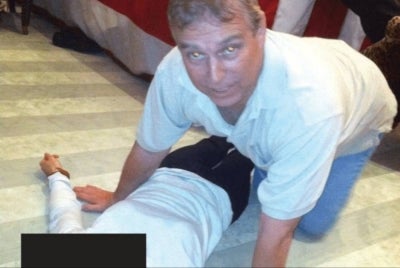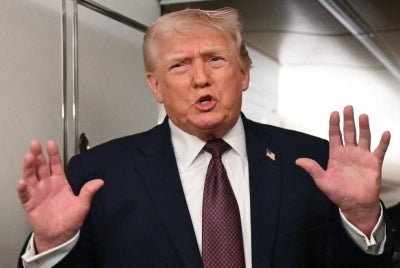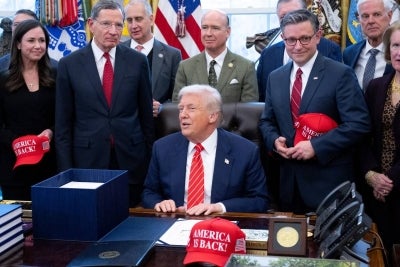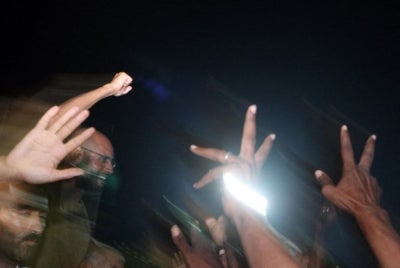EU's Mediterranean leaders meet on migration
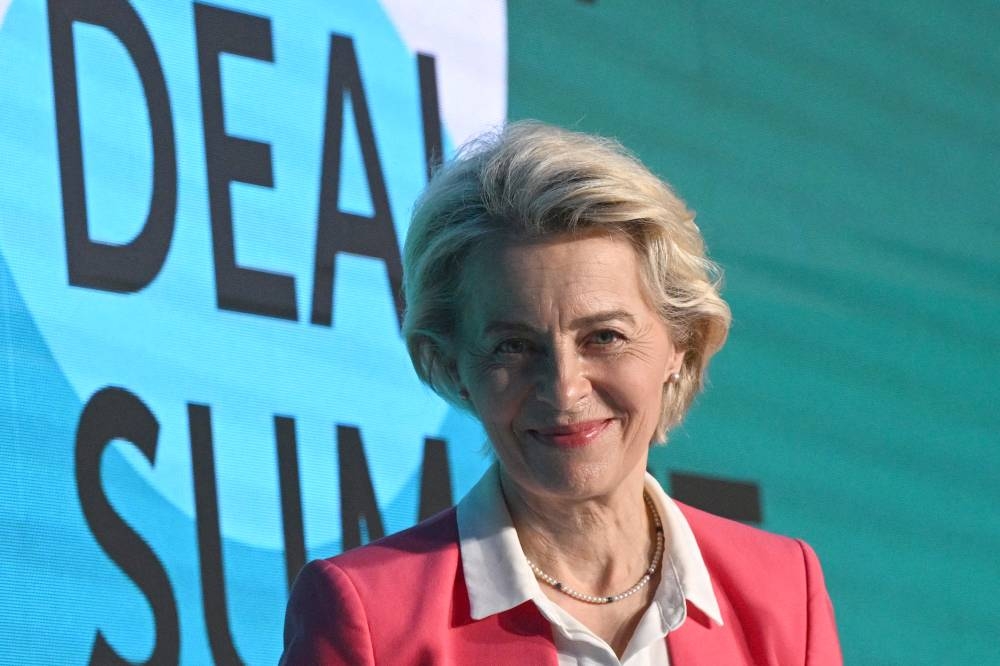
VALETTA - The leaders of nine Mediterranean and southern European countries met Friday in Malta with European Commission President Ursula von der Leyen for talks focused on the thorny issue of migration.
The summit comes a day after EU interior ministers finally made headway on new rules for how the bloc handles asylum seekers and irregular migrants.
Officials said they expected a deal in the coming days, although Italy has asked for more time to consider the text.
Long in the works, there was new impetus to reach agreement after a sharp rise in migrants landing on the tiny Italian island of Lampedusa earlier this month.
Italian Prime Minister Giorgia Meloni's hard-right government, elected a year ago on an anti-migrant ticket, has clashed with both France and Germany as she presses the EU to take greater responsibility.
So far this year, the number of arrivals in Italy has surpassed 133,000, almost double the number during the same period last year, according to the interior ministry.
As thousands of migrants slept on cots in the open air in Lampedusa's overwhelmed reception centre two weeks ago, von der Leyen unveiled a 10-point plan to help Rome deal with the crisis.
Von der Leyen will hold talks with Meloni and French President Emmanuel Macron on the sidelines of the Malta summit to discuss implementing the plan, which includes the possible expansion of naval missions in the Mediterranean.
After sharp words in both Italy and France on how to handle the issue, Macron and Meloni have sought to ease tensions in recent days, and met Tuesday in Rome on the sidelines of a state funeral.
"There is a shared vision of the management of the migration question between France and Italy," a French presidential source said.
Some 90 migrants landed in three boats Friday on Lampedusa, a tiny island located not far from the Tunisian coast, the first port of call for many of those crossing from North Africa to Europe.
As well as tensions with France, Rome has criticised Germany for funding charity rescue ships operating in the Central Mediterranean, the world's deadliest sea crossing for migrants.
At least 990 migrants died or went missing in the crossing between June and August this year, three times that recorded in the same period last year, the UN's agency for children, Unicef, said Friday.
At least 289 children have died so far this year trying to make the crossing, with Unicef warning the Med had become a "cemetery for children and their future".
Both Meloni and Macron also want to prevent boats from departing, by working more closely with Tunisia, despite questions over the country's human rights standards and treatment of migrants.
The European Commission said last week it was set to release the first instalment of funds to Tunisia - one of the main launching points for boats - under a plan signed this year to bolster its coastguard and tackle traffickers.
The bloc already signed a deal in 2017 with Libya, although critics say getting both countries to intercept and forcibly return boats makes the EU complicit in abuses.
Rescue charity Sea Watch said Friday its surveillance plane Seabird had witnessed a Libyan coastguard boat - a vessel gifted by Italy - ramming a migrant dinghy carrying some 50 people.
"They rammed it and it began to deflate, sending everyone overboard. It is impossible to say if people drowned, but it was such a violent event it is more than possible," Felix Weiss, spokesperson for the Seabird arm of Sea-Watch, told AFP.
The migrants were in the water "at least 30 minutes" before being recovered by the coastguard boat and forcibly returned to Libya, Weiss said.
The EU is also poised to agree a revamped Pact on Migration and Asylum, which will seek to relieve pressure on frontline countries such as Italy and Greece by relocating some arrivals to other EU states.
Those countries opposed to hosting asylum-seekers -- Poland and Hungary among them -- would be required to pay the ones that do take migrants in.
The "Med 9" brings together Croatia, Cyprus, France, Greece, Italy, Malta, Portugal, Slovenia and Spain. - AFP
Download Sinar Daily application.Click Here!

